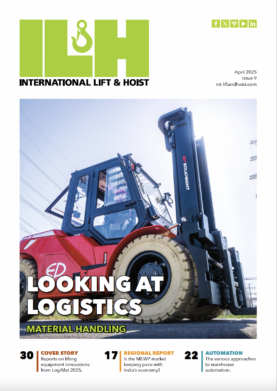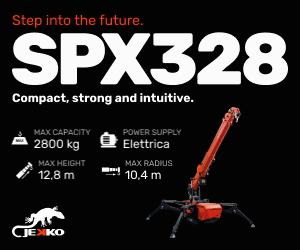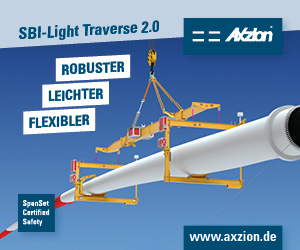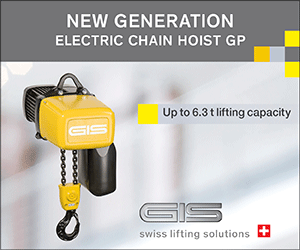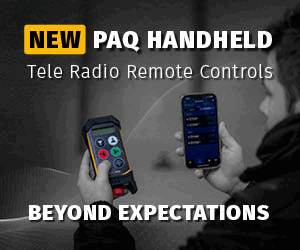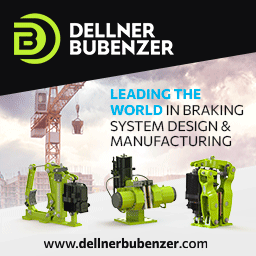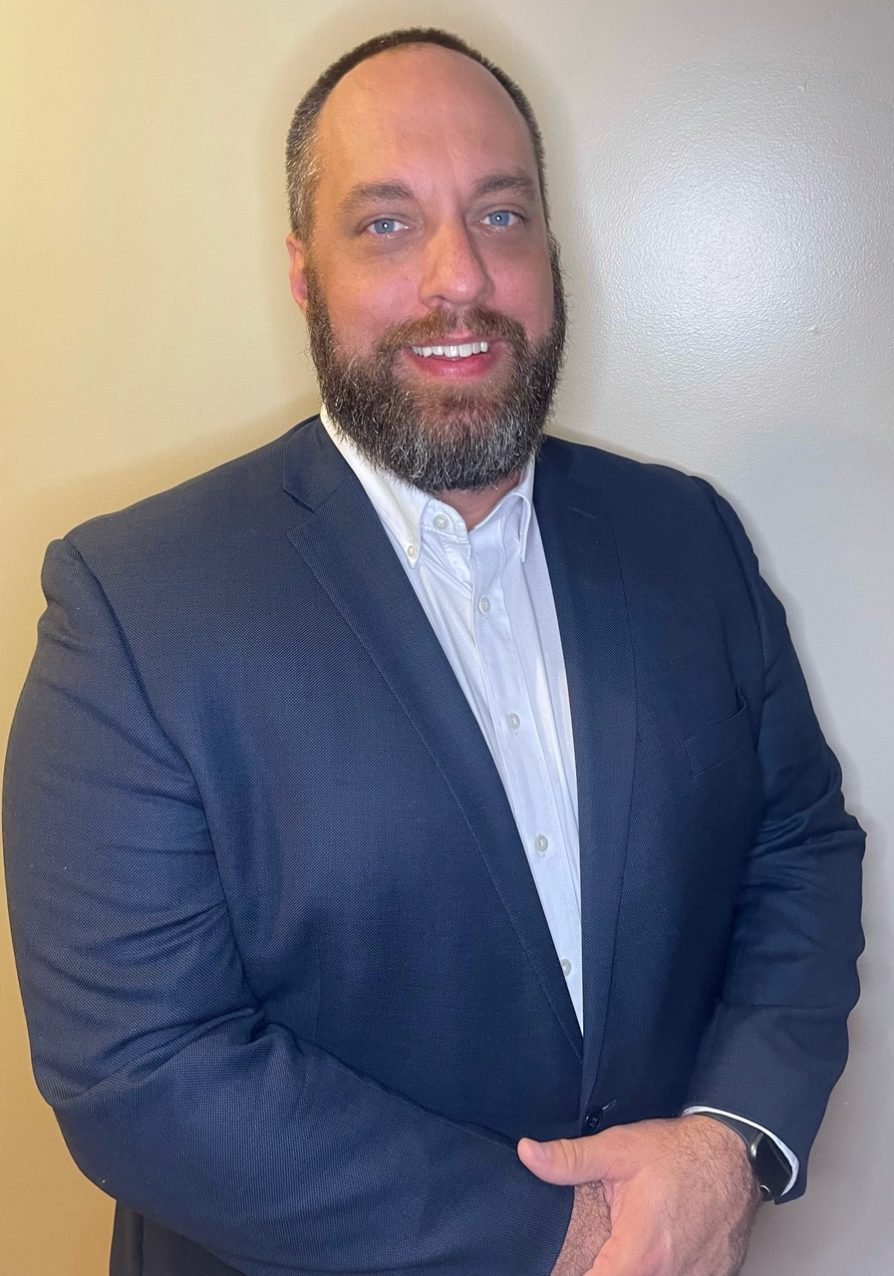)
Harnessing Knowledge
Is it important to keep energising and challenging a team with new learning, as a recent safety course reminded Joel Cox of the Dellner Bubenzer Group.
There’s something about being suspended in a harness that focusses the mind. Only when reliant upon a safety system is true perspective really gained about how vital it is that we continue to strive for the highest standards of best practice, supported by state-of-the-art equipment, and the foremost expertise.
You can never have too much training, even if you’ve been in an industry or sector for a long time, as reiterated by the content of Safety One Training’s (of Littleton, Colorado, US) wind turbine climbing and rescue certification course. The programme is designed for technicians that are required to access and work on wind turbine structures, so it was perfect for our wind farm site sales managers and travelling engineers, to whom this is all in a day’s work. Or so we thought.
Much as we adhere to the most stringent of regulations, this course filled certain gaps in our knowledge when it came to some elements of equipment selection and inspection; use of tools; risk assessment and, especially, emergency procedures.
The wind energy industry is growing significantly, and many suppliers are scrambling to learn more about climbing techniques and potential rescue situations. As Safety One says, turbine technicians can face many unique challenges when performing a rescue, including confined spaces, electrical hazards, varying platforms and ladder systems – even fires.
Whether you work in overhead cranes, wind energy, oil and gas or another marketplace altogether, there is likely a need to work at height. Does your organisation have a documented fall protection and rescue plan that is effective for potential emergency situations?
I wonder how many of you answered the question with an emphatic, “Yes”.
The wider point is this: it’s wrong to look at learning and continuing professional development (CPD) as going back to school. We must keep energising and challenging our teams with new learning. It is vital for growth and team building to constantly remind everyone of their value to the business and that striving to be a pioneer in a market sector takes constant evolution. Never is training done or education finished. There’s always something else that can be added, even to the most experienced person’s armoury. Consider that new technologies and practices are being developed all the time. What was learnt last year – last month, even – might have been superseded.
This mindset is particularly important if, like us, you’re required to go to work in specialised end-user markets every day. Risks and action plans are sometimes the same but in industries like renewable energy, it often feels like plying your trade on an island and you’re heavily reliant on the people, processes, and equipment in the immediate vicinity. This isn’t work where you can shout across the street to a neighbour for help. This is only enhanced by the fact that, like cranes, these markets are being asked to go higher, faster, and further than ever before. The risk as an ancillary equipment manufacturer or service provider goes up – literally – all the time.
Selecting the right course
So, what can you do if you think some refresher courses or CPD is (over)due?
The first thing to identify is an area where some additional knowledge might be required. If an individual or group of workers has been sent into a new marketplace, or a product is being introduced to an environment unfamiliar to the installation, inspection, maintenance, or service teams, this is a good place to start. Not that wind energy was new to our workforce, but we set out to find courseware that specifically addressed accident and emergency situations, for added peace of mind. We were looking to build on an existing depth of working at height and fall arrest / protection knowledge.
When selecting courses, look at the objective and then the content. There should be a clear summary about what participants will learn or achieve. Training comes at great cost, in terms of entry fees and, moreover, time away from the workplace. Safety One was clear from the outset that we would perform equipment selection and inspection; understand and use fall protection systems and rescue procedures and prepare, evaluate, and update planned rescue procedures. Based on that, we could select exactly who to send and what they’d come back to work with under their belts.
The content ticked the boxes too: industry regulations and standards; best practices; confined space considerations; preferred hierarchy of fall protection; understanding fall protection versus work positioning systems; fall clearances and fall factors/forces; rescue and evacuation protocol; suspension trauma; proper patient packaging and treatments and so on.
Don’t complain to a training provider if they haven’t delivered against your expectations when they weren’t based on the course content. If the trainer doesn’t give the education that you thought you were buying, that’s different, but reputable providers in this sector tend to stick tightly to the advertised programme. After all, they’re in the business of giving information that meets a set pattern. Their attendees need to absorb that and demonstrate that it has been understood accordingly.
In conclusion, it’s clear why all teams, and the individuals within them, must be challenged and energised by new learning. As we’ve explored, no company becomes a market leader – or stays there – based only on what they learnt yesterday. Long-term success at the top of an industry requires supporting learning today and tomorrow. It might be a wind turbine climbing and rescue certification course or something completely different, but the next training programme your workers are exposed to will elevate standards within the business that little bit more. And in industry, that little bit more can be the difference between people going home to their families that evening or not.
Rest assured; we’ll be giving our people opportunities to learn again soon. Join us.



